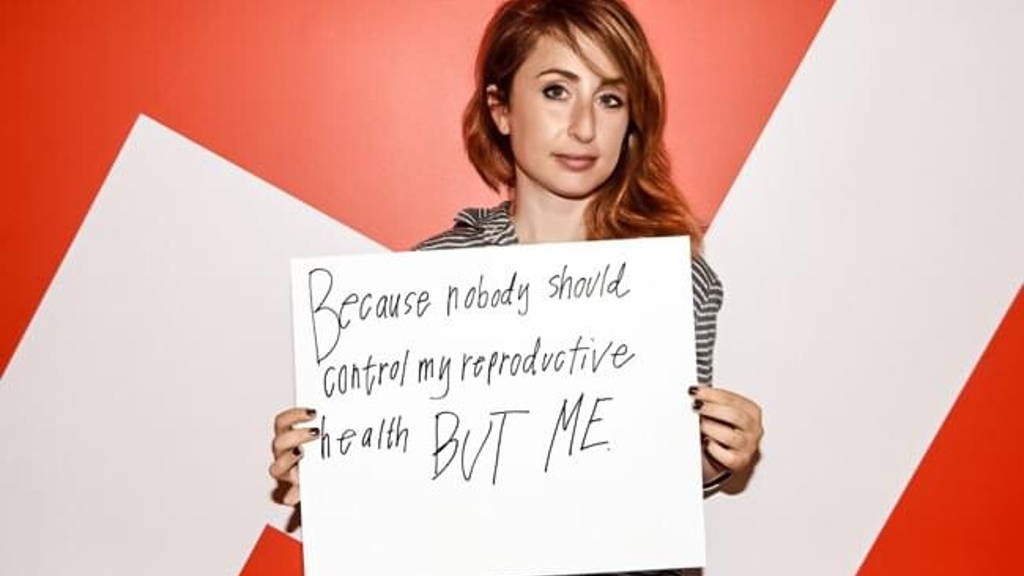As such it might become a player in blowing birth-control access wide open, especially as women’s reproductive health becomes increasingly politicized in the U.S., Technology Review writes. Users register for a free account online, fill out a questionnaire of basic medical inquiries, exchange a few instant messages with a licensed doctor, and receive a package in the mail containing a birth-control method of choice.
There are no consultation or delivery fees, so in most cases if a user has insurance, it’s free. Those without Insurance pay only for the cost of the medication itself. But more to the point, Nurx (pronounced “New Rx”) is championing one aspect of women’s health by improving on a low-risk prescription telemedicine model, popularized by companies like 1-800-contacts.
Now that U.S. Congress works to dismantle the Affordable Care Act (ACA, Obamacare), Nurx could flip from just increasing access to birth control to becoming the single most affordable way to get it in the U.S. The ACA currently requires that most insurance companies cover the cost of birth control as well as a patient’s annual prescribing visit to the doctor. Without the ACA, birth control itself will go back to having a price tag no matter how you get it, but Nurx will at least help patients get these prescriptions without paying to see a doctor.
Nurx is designed for both first-time birth-control users and seasoned pros who know what works for them. It offers an extensive list . A doctor can be asked for assistance if the list is paralyzing. The app also makes a messaging feature available so users can easily contact doctors or customer-service agents with any medical or account concerns they have.
Nurx is not alone in the virtual reproductive health-care space. Other companies like Maven and Lemonaid offer a range of women’s services and online prescriptions, but neither delivers, and they both charge fees. As a birth-control prescription delivery service, PRJKT Ruby is structured most closely to Nurx, but it charges a $20 per month subscription fee, which is more than some prescriptions themselves.
Nurx makes money by taking a cut from insurance companies and collecting a fee from every independent pharmacy that it uses to fill prescriptions. Launched just over a year ago, Nurx is also benefiting from a $5.3 million investment from Union Square Ventures in New York.
There are no consultation or delivery fees, so in most cases if a user has insurance, it’s free. Those without Insurance pay only for the cost of the medication itself. But more to the point, Nurx (pronounced “New Rx”) is championing one aspect of women’s health by improving on a low-risk prescription telemedicine model, popularized by companies like 1-800-contacts.
Healthcare deserts
The idea is very simple, yet it is the only company of its kind so far. It’s especially beneficial for women in health-care “deserts” who don’t live near physicians or pharmacies, disabled women who may find it hard to access the physicians and pharmacies they do live near, and working women who can’t afford to take time off to visit a prescribing doctor.Now that U.S. Congress works to dismantle the Affordable Care Act (ACA, Obamacare), Nurx could flip from just increasing access to birth control to becoming the single most affordable way to get it in the U.S. The ACA currently requires that most insurance companies cover the cost of birth control as well as a patient’s annual prescribing visit to the doctor. Without the ACA, birth control itself will go back to having a price tag no matter how you get it, but Nurx will at least help patients get these prescriptions without paying to see a doctor.
Nurx is designed for both first-time birth-control users and seasoned pros who know what works for them. It offers an extensive list . A doctor can be asked for assistance if the list is paralyzing. The app also makes a messaging feature available so users can easily contact doctors or customer-service agents with any medical or account concerns they have.
Growing quickly
The company is currently only authorized to deliver in a few states (California, Washington, New York, Washington, D.C., Illinois, Virginia, and Pennsylvania). But it is growing quickly—next up will be Massachusetts, Florida, Michigan, Missouri, Minnesota, and Maryland.Nurx is not alone in the virtual reproductive health-care space. Other companies like Maven and Lemonaid offer a range of women’s services and online prescriptions, but neither delivers, and they both charge fees. As a birth-control prescription delivery service, PRJKT Ruby is structured most closely to Nurx, but it charges a $20 per month subscription fee, which is more than some prescriptions themselves.
Nurx makes money by taking a cut from insurance companies and collecting a fee from every independent pharmacy that it uses to fill prescriptions. Launched just over a year ago, Nurx is also benefiting from a $5.3 million investment from Union Square Ventures in New York.






